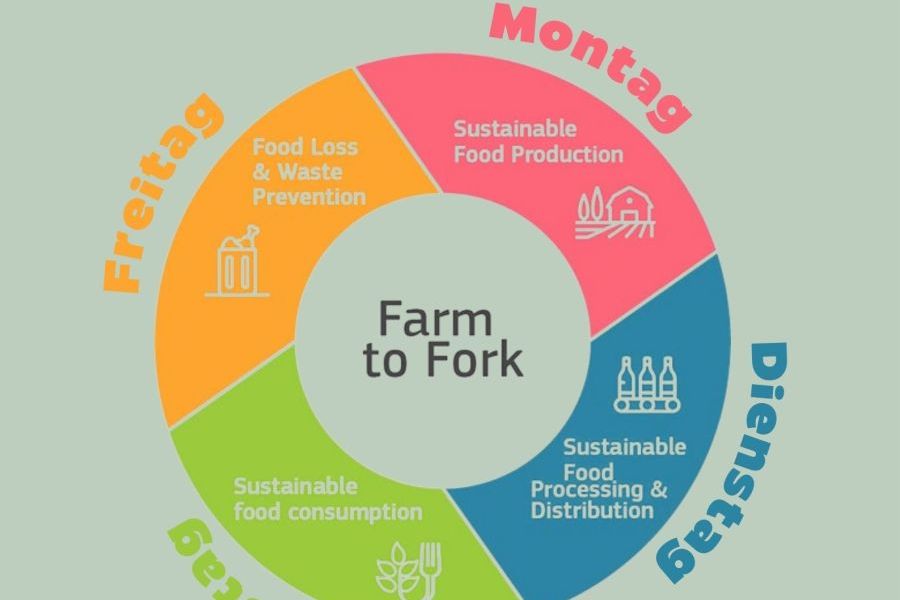
The problem
Our school has a significant number of students who are eager to adopt sustainable practices, including eating locally sourced food. However, there is a lack of awareness about the entire journey from food cultivation to the management of leftovers. Additionally, our school generates a considerable amount of packaging waste, as many students purchase snacks from nearby shops. We identified a need to address these issues and foster a more environmentally conscious community.
The solution we used
To tackle these challenges, we organized a Climate Action Week to raise awareness and inspire action in a fun and engaging way. We aimed to involve everyone in our school community through interactive activities and informative sessions. Each participant was also given the opportunity to make their own beeswax wrap, a sustainable alternative to plastic wrap, encouraging a move towards zero-waste living.
Implementation
We meticulously planned a joint Climate Action Week, featuring a variety of themed activities and events designed to educate and motivate students.
- Planning and Preparation:
- We began by brainstorming topics and themes for each day of the week.
- Surveys were conducted to understand what activities would interest the students.
- Based on the feedback, we designed posters, created Instagram posts, and came up with enticing prizes to promote participation.
- Event Promotion:
- The week prior to the event, we displayed posters in classrooms and common areas.
- Each morning, announcements were made to highlight the day's theme and to prepare for the following day's activities.
- Daily Activities:
- Monday: We kicked off with a school-wide quiz focusing on climate and sustainability. Winners were treated to ice cream from a local vegan parlor.
- Tuesday: A hands-on workshop was held where students made beeswax wraps using organic wax. Due to high demand, we scheduled another session on Thursday.
- Thursday: In addition to the second beeswax wrap session, we organized a picnic in the school garden featuring organic fruit from local Austrian farms, promoting the importance of locally sourced produce.
- Friday: The week concluded with a Kahoot quiz on the "Farm to Fork" concept, followed by a reflection session where students shared what they learned and how they planned to incorporate sustainable practices into their lives.
Throughout the week, the activities not only educated the students on sustainable living but also fostered a sense of community and collective action towards a greener future. By engaging in these activities, students gained practical knowledge and skills that they can apply in their daily lives to reduce their environmental impact.
